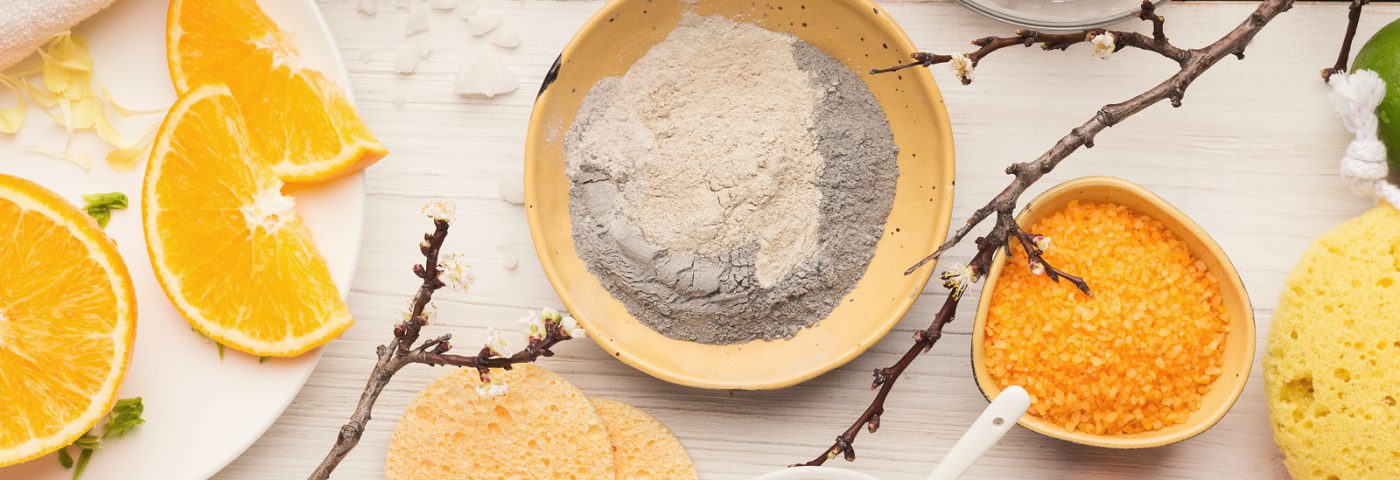Cleber Barros – Technical Researcher, Vinia
The sensorial question in cosmetic product development is an important theme that deserves attention because it determines the success of your formulation and brings more consumers to your brand. Sensory is as important a question as performance.
‘Sensorial’ can be understood as a characteristic that allows a connection between perception and the senses when the product is still in the pack, during the application and the after-feel sensation.
In cosmetic product development, the senses that are most commonly used are touch, smell and vision and they can be awakened mainly by the use of sensorial modifiers. All of the ingredients in a formula affect the sensorial qualities of the final product. However, we have specific ones that are able to provide different characteristics, such as silicon, powders, colouring agents, fragrances, thickening and rheology modifiers agents, emulsifiers, etc., and the main results that can be obtained are spreadability, consistency, odoring, colouring, softness, silkiness, etc.
Nowadays, it is possible to find studies that guide your purchase based on positive emotions aroused by the use of cosmetics. The sensorial impact in a final product gives the consumer a certain message from the brand, as well as the emotional aspects.
On the other hand, it is possible to improve the commercial value of the product by modifying its characteristics and turning it into a sophisticated cosmetic that will give a better impression of the results to the consumers.
Finally, the emphasis on the sensorial modification in cosmetics is the function of personalising the product and creating textures, aspects and flavours that please a cross-section of consumers. It is possible that not all types of consumers are interested in the same product since the sensory experience is unique and varies from person to person.
Other factors that can be worked out to attract the public is the marketing issue and how we can convey key product ideas, from the design of the pack to the fragrance. It is very common for the sensory aspect of a cosmetic to be worked on in a marketing proposal, and that its characteristics refer to its benefit explained in the label across aspects including nutrition, cushion sensation and more.
I will present all of the important topics involved in sensorial aspects to you at in-cosmetics Latin America 2018: the advantages in developing a good sensory profile; what you can bring to your consumers; the emotional factors involved in the sensory; the principal raw materials that enable the sensorial modification; and how to evaluate a sensorial in a cosmetic product.
In this lecture, there will have practical demonstrations that will show what the main ingredients can bring to benefits your formulation and the sensorial aspect to reach your consumer.
Cleber is a Technical Researcher at Vinia and will present ‘The various ways of impacting the sensory of cosmetic formulations’ at in-cosmetics Latin America on 19th September from 13.15 to 13.45.

